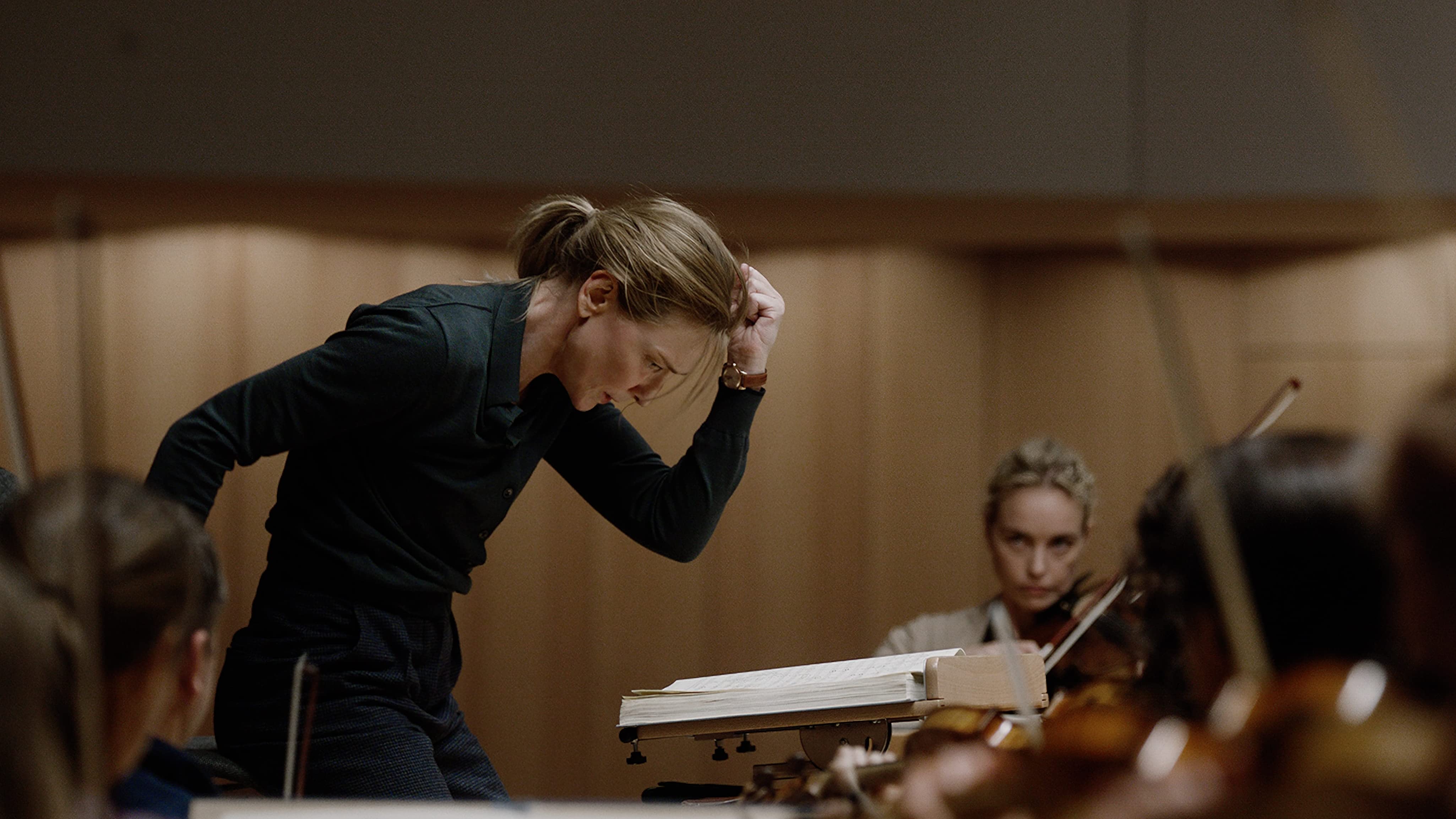The asps are out for John Adams’ Cleopatra opera
NewsJohn Adams must have been aware of the risk when he composed an all-American Anthony and Cleopatra for San Francisco Opera.
Samuel Barber had done the same for the opening of the new Metropolitan Opera in September 1966. It bombed.
Judging by the first review, Adams faces a tough time.
The New York Times straplines it as ‘his least inspired’ opera.
Zachary Woolfe writes: ‘The result is the clearest, most dramatically straightforward opera of his career — and the dullest. “Antony and Cleopatra” has the least idiosyncrasy of his nine stage works so far, and the least inspiration.
With almost three hours of music, it slumps to a subdued finish. It could be described in a line from the play that was cut for the opera: “She shows a body rather than a life, a statue than a breather.”
Nicholas Kenyon in the Telegraph describes it as ‘pacy (if not quite racy)’.
John Rockwell in the Financial Times: ‘The first act has too much stuttering, punchy parlando. There is a nice love duet in the first act, and the final death scenes are moving. But one misses the musical evocativeness of the third act of Adams’s Nixon in China, “The Aria of the Falling Body” in The Death of Klinghoffer and John Donne’s “Batter My Heart” in Doctor Atomic. As Adams said in a recent interview, when a successful composer reaches a certain age (he is 75), one stops being compared with predecessors and starts being compared with oneself.’
But Joshua Kosman on the San Francisco Chronicle strongly disagrees:’The music is rich, evocative and full of intricately crafted detail… This was an offering in which theatrical grandeur blended with expressive intimacy in perfectly judged proportions.’
More to follow.
photo: SFOpera






Comments